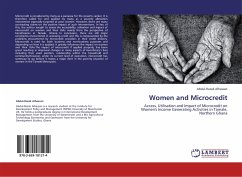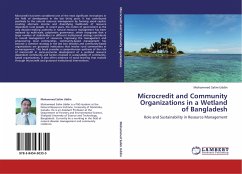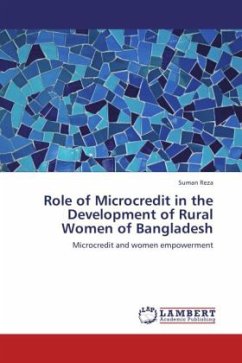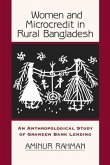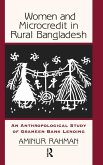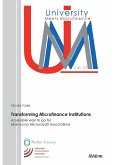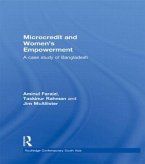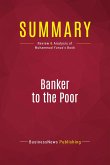Microcredit is considered by many as a panacea for the poverty canker. It is therefore called for and applied by many as a poverty alleviation intervention especially targeted at poor women. However, there are many contrasting claims on the positive impact of such interventions. In lieu of this, the author sought to assess the accessibility, utilisation and impact of microcredit on women and their IGAs mainly from the perspective of beneficiaries in Tamale, Ghana. In conclusion, there are still major constraints encountered in accessing credit and this is compounded by the problems encountered by microcredit providers in their credit delivery. Microcredit is used for both business and non-business purposes and depending on how it is applied; it greatly influences the impact on women and their IGAs The impact of microcredit if applied properly, has been great resulting in improved changes in many aspects of beneficiary s lives including their asset position, relationship within the household and community.However, under its current level of operation, microcredit has someway to go before it makes a major dent in the poverty situation of women in the Tamale Metropolis.
Bitte wählen Sie Ihr Anliegen aus.
Rechnungen
Retourenschein anfordern
Bestellstatus
Storno

